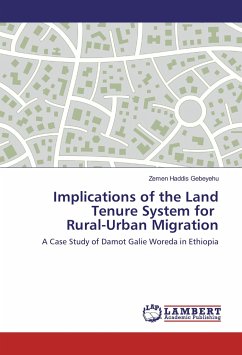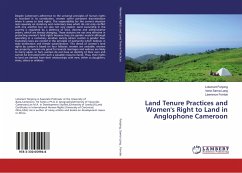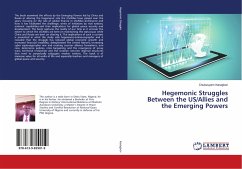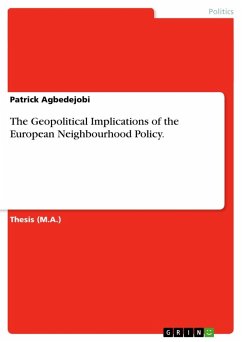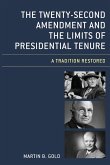With majority of Ethiopians living in rural areas and depending on agriculture, continued need to secure a piece of land, in a society with rapid population growth, led to increased fragmentation and diminishing size of landholdings. Although the issue of rural-urban migration was unnoticed in a low urbanized country, recent dynamics in movement of the landless and youth to urban centers seem to raise concerns. The finding in this book shows how migration to towns is influenced by land policy issues. Many of the rural youth, the landless and the rural poor tend to migrate to towns and cities in search of jobs. Inadequate support to develop non-farm activities, shortage of capital, absence of skill and poor infrastructure remain a challenge to find job in rural areas. Rural-urban migration instead occurred to be a source of livelihood for both migrants and rural families. This book does not advocate neither in favor nor against rural-urban migration. The book rather alerts policy makers to review land and rural development policies by taking into consideration increasing landlessness resulting in rural-urban migration.
Bitte wählen Sie Ihr Anliegen aus.
Rechnungen
Retourenschein anfordern
Bestellstatus
Storno

